With the arrival of the first cucumbers from greenhouse production in early March, this year's harvest season has officially begun in Bulgaria. Exports of fruit and vegetables from the Eastern European country have developed rapidly in recent years. However, the huge potential of the agricultural economy there is far from being exhausted, says Georgi Kirkov of Munich-based Bulgarfrukt LTd, which specializes in the import and export of Bulgarian produce.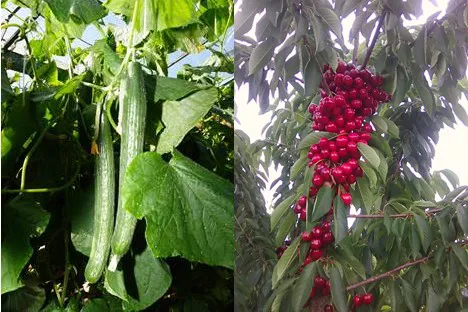 Left: The cucumber harvest is somewhat sluggish due to the cold temperature. Bulgarian cherries (r) are becoming increasingly popular as export products.
Left: The cucumber harvest is somewhat sluggish due to the cold temperature. Bulgarian cherries (r) are becoming increasingly popular as export products.
Competition with Turkey
Fruit growing in particular, especially cherry production, has caught up tremendously in recent years, Kirkov confirms. "We have invested a lot in the variety program, fruit protection, post-treatment, packaging and cultivation technology. We now no longer need to cower from Turkey. Turkey has the advantage of optimal climatic conditions and, in terms of marketing, is able to deliver a little longer towards the end. On the other hand, Bulgarian cherries cover shorter transport distances and logistics and customs clearance costs are relatively lower because the country is a member state of the EU. Therefore, we can quite often undercut Turkish production on the market."
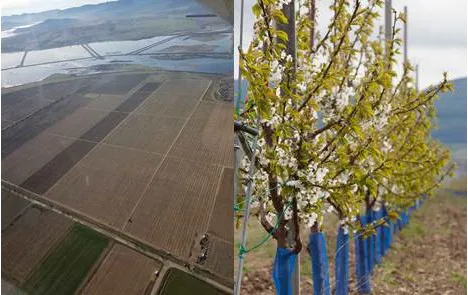
Left: Bulgaria offers very good conditions for growing cherries. A flawless end product requires a lot of care and effort.
By the end of May, it will probably be possible to export the first batches of Burlat soft cherry, he predicts. "After that, the season will slowly get going and continue with the tuberous cherries, including Regina and Ziraat. Because of our wide range of varieties, we can consistently offer several varieties at the same time, instead of marketing only one variety for a few weeks at a time. In addition, with our exclusive private label "Gifts of Nature", we have created a beautiful brand that positions Bulgaria authentically and modernly in the trade."
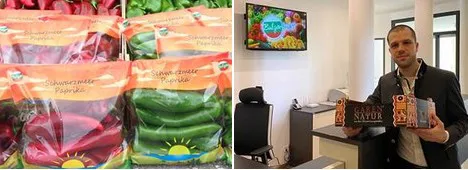
Left: Pointed peppers green and red (u), christened "Black Sea peppers". Right: Georgi Kirkov and his self-designed private label "Gifts of Nature".
Central fruit cooperative
The Bulgarfrukt company was founded a good 30 years ago and sees itself as an intermediary and alliance between Bulgarian agriculture and the German food retail trade. It sources its products directly from Bulgarian contract farmers. The latest step in the company's comprehensive philosophy is the gradual reorganization of the Bulgarian market structure. "We are trying to set up a central fruit cooperative in the cherry stronghold of Plovdiv based on the Italian model. Many of our cherry plants are only now coming into full yield: uniform inspection, processing and marketing of the yields is necessary, in our view, in order to ultimately exploit the huge volume potential. Bulgaria offers great opportunities."
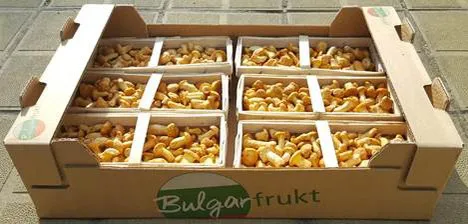
Chanterelles from the wild
Further export opportunities
About one-fifth of Bulgaria's total fruit and vegetable yields end up in foreign trade via the export channel. In turn, the larger food retail chains (such as Lidl, Kaufland and Billa) are now also present on the Bulgarian domestic market. "This trend has brought a lot of know-how to Bulgaria, which is ultimately beneficial for us." Accordingly, the specialist thinks there are good export opportunities for other products besides cherries. For example, in wild mushrooms, pointed peppers (green and red), chili peppers and watermelons. "In the case of plums, the marketing potential will soon become apparent, as it depends on the success of the German harvest."
For more information:
Bulgarfrukt-Fruchthandels GmbH
Georgi Kirkov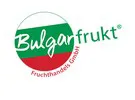
Ortlerstr. 1b
81373 München
Tel: +49 89 7237093
Fax: +49 89 7233978
E-Mail: office@bulgarfrukt.com
Internet: www.bulgarfrukt.com
